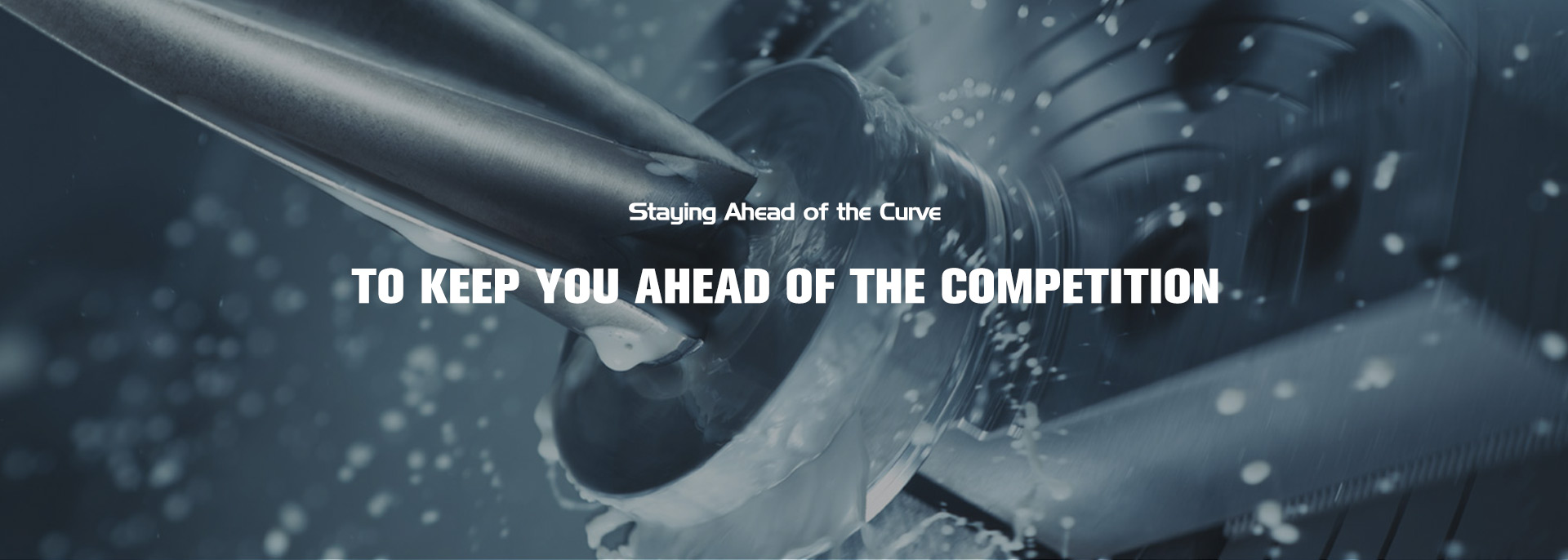
- Afrikaans
- Albanian
- Amharic
- Arabic
- Armenian
- Azerbaijani
- Basque
- Belarusian
- Bengali
- Bosnian
- Bulgarian
- Catalan
- Cebuano
- Corsican
- Croatian
- Czech
- Danish
- Dutch
- English
- Esperanto
- Estonian
- Finnish
- French
- Frisian
- Galician
- Georgian
- German
- Greek
- Gujarati
- Haitian Creole
- hausa
- hawaiian
- Hebrew
- Hindi
- Miao
- Hungarian
- Icelandic
- igbo
- Indonesian
- irish
- Italian
- Japanese
- Javanese
- Kannada
- kazakh
- Khmer
- Rwandese
- Korean
- Kurdish
- Kyrgyz
- Lao
- Latin
- Latvian
- Lithuanian
- Luxembourgish
- Macedonian
- Malgashi
- Malay
- Malayalam
- Maltese
- Maori
- Marathi
- Mongolian
- Myanmar
- Nepali
- Norwegian
- Norwegian
- Occitan
- Pashto
- Persian
- Polish
- Portuguese
- Punjabi
- Romanian
- Russian
- Samoan
- Scottish Gaelic
- Serbian
- Sesotho
- Shona
- Sindhi
- Sinhala
- Slovak
- Slovenian
- Somali
- Spanish
- Sundanese
- Swahili
- Swedish
- Tagalog
- Tajik
- Tamil
- Tatar
- Telugu
- Thai
- Turkish
- Turkmen
- Ukrainian
- Urdu
- Uighur
- Uzbek
- Vietnamese
- Welsh
- Bantu
- Yiddish
- Yoruba
are tunnel car washes safe
Are Tunnel Car Washes Safe?
Tunnel car washes have become increasingly popular among car owners seeking convenience and a thorough cleaning experience. These automated facilities offer a fast and efficient way to keep vehicles looking pristine, but questions about their safety and potential risks continue to arise. This article aims to explore the safety of tunnel car washes, addressing concerns related to vehicle damage, the environment, and customer experience.
Vehicle Damage
One of the primary concerns many car owners have is whether a tunnel car wash can potentially damage their vehicles. Tunnel car washes use a combination of brushes, cloths, and high-pressure water systems to clean cars. While most modern systems are designed to be gentle on vehicles, there are still risks involved. Older or poorly maintained equipment may use abrasive materials or harsh chemicals that can harm the paint finish or clear coat of the car. Additionally, loose parts on a vehicle, such as antennas, side mirrors, or trim pieces, might get snagged or damaged during the wash process.
To mitigate these risks, it is essential to choose a reputable car wash with well-maintained equipment. Many establishments offer soft-touch wash systems that utilize foam brushes to minimize paint damage, along with protective wax applications that help maintain the vehicle's finish. It's also a good idea for car owners to inspect their vehicle before entering the wash, ensuring that any potentially problematic areas are addressed prior to the wash.
Environmental Considerations
Another key aspect of safety to consider is the environmental impact of tunnel car washes. While hand washing a car at home can lead to wasted water and potential pollutants entering storm drains, commercial car washes often employ water recycling systems. These systems can use considerably less water than home washes, making them a more environmentally friendly option overall.
are tunnel car washes safe

Additionally, professional car washes are required to adhere to local regulations regarding the disposal of wastewater and chemicals. Many tunnel car washes use biodegradable soaps and eco-friendly cleaning products to further minimize their impact on the environment. By choosing a car wash that prioritizes sustainability, customers can ensure that they are making a safe choice for both their vehicles and the planet.
Health and Safety Protocols
In light of recent global events, health and safety have become paramount in public spaces, including tunnel car washes. Many car washes have implemented enhanced sanitation protocols to protect customers and employees. This includes regular cleaning of surfaces, enforcing social distancing measures, and providing hand sanitizers for customer use.
Furthermore, the automated nature of tunnel car washes generally limits human interaction, reducing the transmission risk associated with close contact. Customers can remain inside their vehicles during the wash process, adding an extra layer of safety.
Conclusion
In conclusion, tunnel car washes can be considered safe for most vehicles when proper precautions are taken. By selecting a reputable wash that utilizes modern equipment and environmentally friendly practices, car owners can feel confident in the cleanliness of their vehicles without the associated risks of damaging their paintwork. Additionally, the systems in place ensure a level of health and safety that aligns with current standards.
Ultimately, choosing a tunnel car wash should be based on a combination of factors including quality, convenience, cost, and environmental responsibility. By doing thorough research and paying attention to the car wash’s reputation and customer reviews, car owners can safely enjoy the benefits of a tunnel wash while keeping their vehicles in excellent condition. So next time you consider a car wash, remember that choosing the right operator can make all the difference in ensuring a safe and effective cleaning experience.
-
Integrating Aqua Tunnel Car Wash in Shopping CentersNewsJun.24,2025
-
Gas Station with an Auto Car Wash MachineNewsJun.24,2025
-
Efficiency in Your Aqua Tunnel Car Wash: Power & Water-SavingNewsJun.24,2025
-
Car Wash Business with Advanced Auto Car Cleaning MachinesNewsJun.24,2025
-
Balancing Setup Costs with Aqua Tunnel Car WashNewsJun.24,2025
-
Aqua Tunnel Car Wash: Eco-Design for the Energy-Savvy EntrepreneurNewsJun.24,2025



